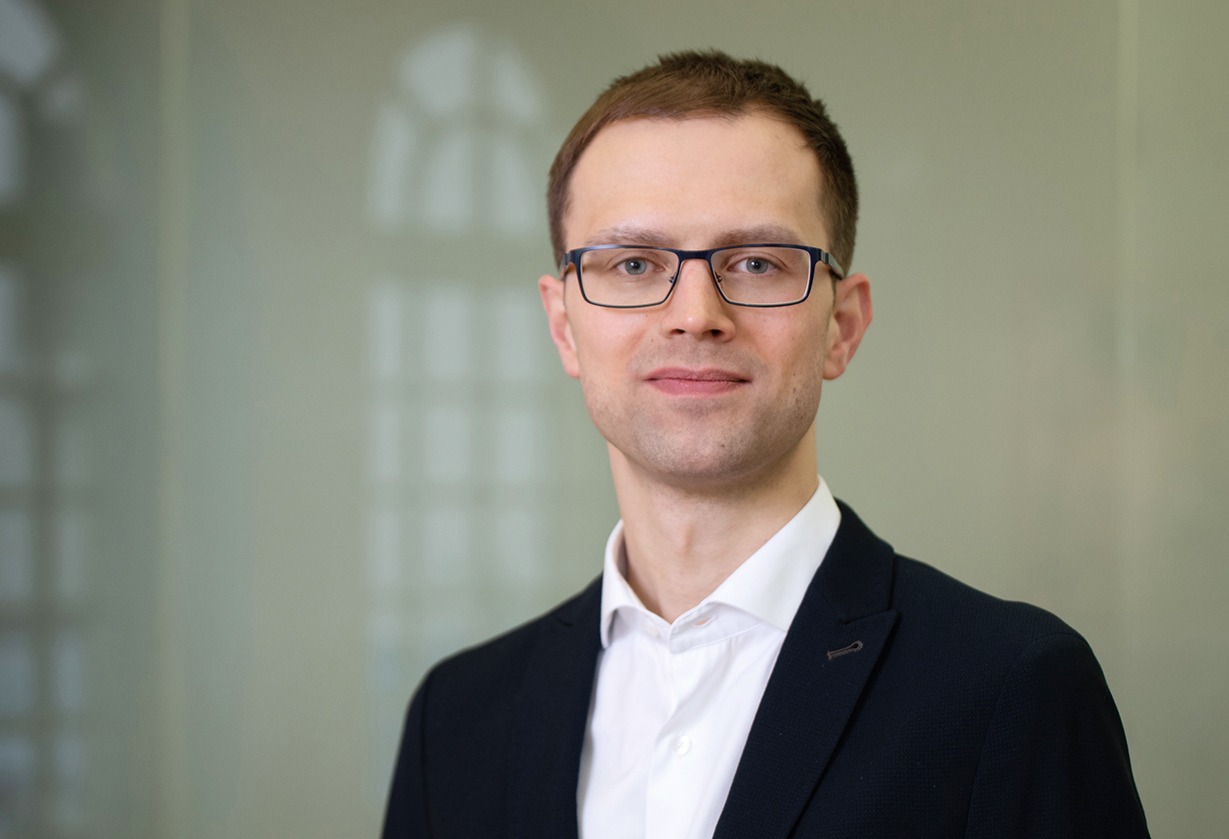IWH leads large scale EU research project on productivity
Resource allocation conflicts within society are exacerbated if the economy’s annual productivity gains are no longer large enough. With its new research project on productivity growth, the Halle Institute for Economic Research (IWH) aims to contribute to social cohesion. From 1 January 2019, the IWH will be leading a group of nine European partners as coordinator of a project entitled MICROPROD. The European Union is funding this three-year project to the tune of almost three million euros as part of the EU Research Programme Horizon 2020. It is the IWH’s largest EU project since the institute was founded in 1992.
Against the backdrop of the digital revolution and its integration into global value chains we would have expected to see significant gains in productivity in recent decades. However, standard statistics now suggest that this may not have been the case. The project will therefore examine whether productivity growth is actually slowing down or whether the slowdown is simply due to measurement problems. Modern, highly developed economies are producing more and more services and complex, less measurable values, such as licences and patents or innovations in supply chains and distribution channels. MICROPROD will therefore use hitherto unused data from Europe’s national statistics offices. The aim is to statistically and methodically improve the measurement of productivity.
Building on better measurement of productivity, MICROPROD aims to better understand the determinants of productivity growth. Researchers will therefore concentrate on the micro-economic level, i.e. individual firms and individuals – hence the project name, MICROPROD. From these findings, the project hopes to gain politically relevant insights for macroeconomic policy. A key aspect is therefore whether the most productive firms can continue to attract labour and capital, despite a shortage of specialist staff and low interest rates.
The project is expected to provide answers to the following questions: how is productivity growth generated in the 21st century? How severely are low interest rates and struggling banks hampering the market withdrawal of unproductive businesses? To what extent are globalisation and technological transformation forcing workers to adapt? And which framework conditions are required in order for good ideas to receive the necessary resources? Within the project team, the Brussels-based think tank Bruegel is responsible for sharing the research findings with politicians and the general public.
“With better data, we aim to propel productivity measurement into a new era,” says Steffen Müller, Head of the Structural Change and Productivity Department at the IWH and MICROPROD Project Manager. The project will strengthen the IWH’s research and expand its network to include Brussels. IWH President Reint E. Gropp adds: “It is a major coup for the IWH to be coordinating this project. This issue is at the top of our research agenda, and I expect it to be of great value to society, because productivity is extremely important for all sectors of the economy.” Gropp expects that MICROPROD will significantly strengthen the IWH’s position within the European research landscape.
Partners of the EU research project MICROPROD (“Raising EU Productivity: Lessons from Improved Micro Data”):
- Halle Institute for Economic Research (IWH) – Member of the Leibniz Association, Germany (Leading Project Coordinator)
- Aarhus Universitet, Denmark
- Università Commerciale Luigi Bocconi, Italy
- Bruegel, Belgium
- Magyar Tudományos Akadémia Közgazdaság – és Regionális Tudományi Kutatóközpont, Hungary
- École d’Économie de Paris, France
- Stichting VU, The Netherlands
- The Federal Statistical Office, Germany
- University College London, UK

This project has received funding from the European Union’s Horizon 2020 research and innovation programme under grant agreement No 822390.
Whom to contact
For Researchers

Department Head
If you have any further questions please contact me.
+49 345 7753-708 Request per E-MailFor Journalists

Internal and External Communications
If you have any further questions please contact me.
+49 345 7753-832 Request per E-MailIWH list of experts
The IWH list of experts provides an overview of IWH research topics and the researchers and scientists in these areas. The relevant experts for the topics listed there can be reached for questions as usual through the IWH Press Office.



